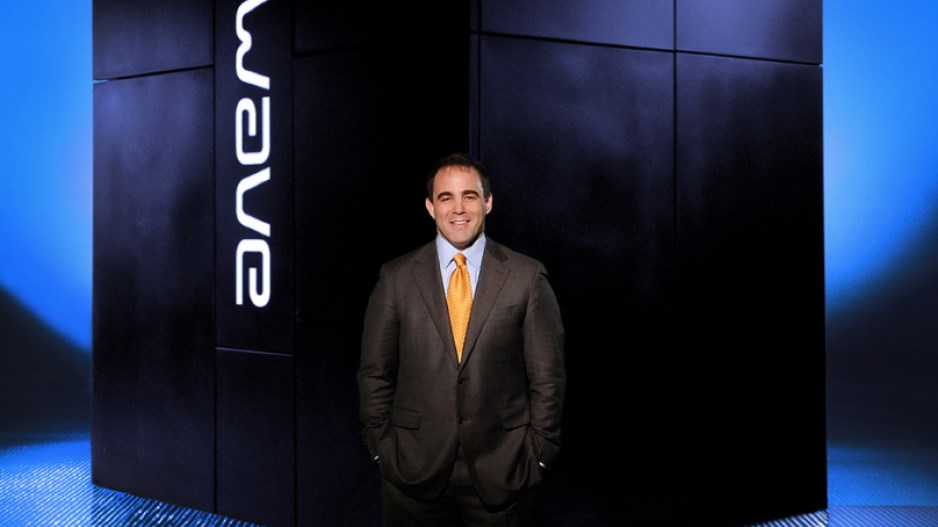It appears a space-age hardware developer from B.C. has taken another quantum leap in funding its efforts to revolutionize computers.
Burnaby’s D-Wave Systems Inc. announced Thursday (January 29) it closed $29 million in venture capital toward the end of 2014.
D-Wave is in the midst of developing the world’s first commercially viable quantum computer, which uses subatomic particles to process complex calculations.
Most of the $29 million came from a “large institutional investor” that D-Wave would not disclose.
The latest announcement puts its total funding raised in 2014 at $62 million after the computer company said in July 2014 it had scored $30 million in funding.
During the summer announcement, D-Wave said it has raised a total of $160 million since the company was founded.
In the latest announcement, it said total funding reached $174 million. But adding $29 million to $160 million would bring the total to $189 million.
Brent Holliday, founder and CEO of Garibaldi Capital Advisors, said it’s likely the discrepancies in the figures are a result of currency exchange rates.
Using his own database, Holliday said prior to today’s announcement he calculated the company had raised $130 million.
“They’ve raised in a mix of Canadian and U.S. (dollars)…when you mix it all up, it sometimes throws the numbers out of whack,” he said.
“But generally speaking, if you’re plus-or-minus 15 or 20%, guess what? That’s currency.”
A spokeswoman for D-Wave said CEO Vern Brownell was not available for an interview following the big funding announcement.
D-Wave employs more than 120 people and has partnered with organizations such as Lockheed Martin, NASA and Google to use its quantum computing systems.
The company said much of the funding raised in 2014 would go toward expanding its workforce.
Holliday told Business In Vancouver it’s likely the company would have to double the venture capital it’s raised so far before it becomes profitable.




